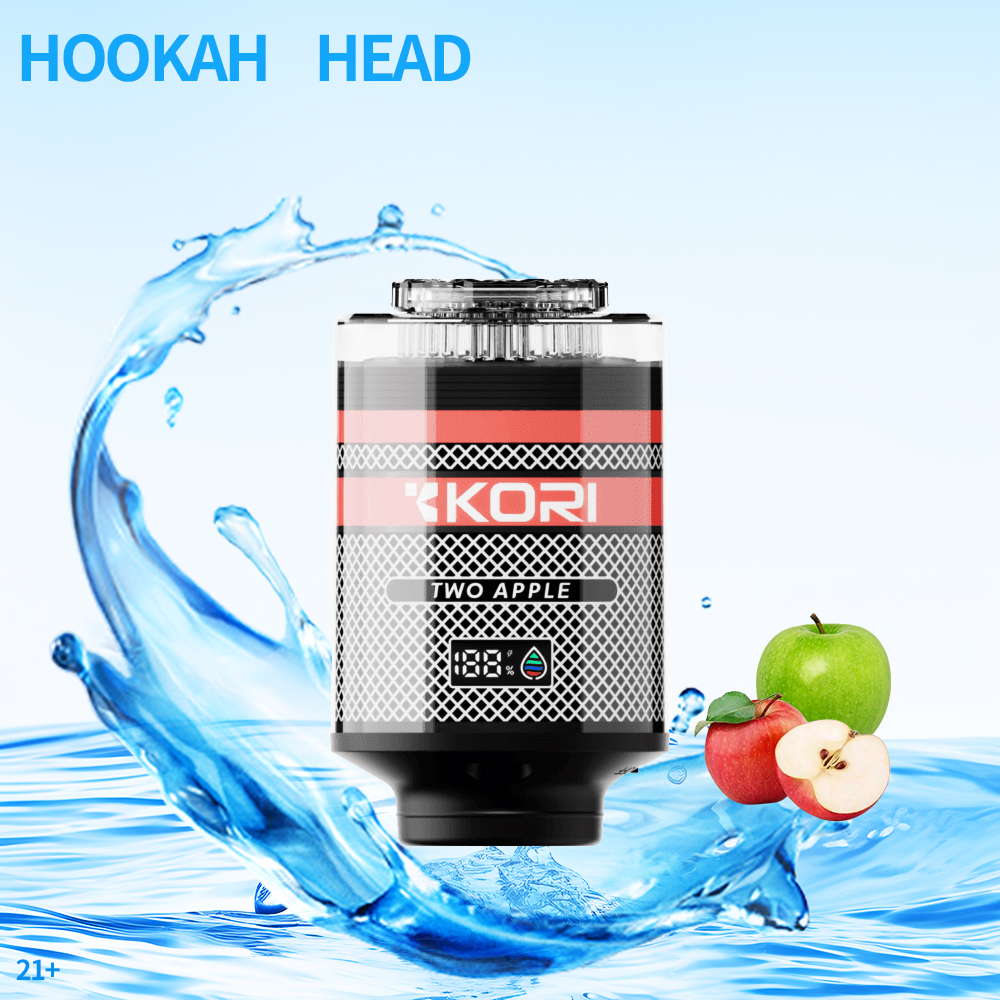The Rise of Vaping: How Tobacco & Vape Shops are Transforming the Industry
In recent years, the tobacco and vape industry has seen significant changes, with the growing popularity of vaping reshaping the landscape for consumers and retailers alike. The shift from traditional tobacco consumption to vaping products has been dramatic, prompting a surge in the establishment of tobacco and vape shops across the globe. This article delves into the reasons behind this rise, the evolving consumer preferences, and how vape shops are playing a pivotal role in the transformation of the tobacco industry.
The Shift from Traditional Smoking to Vaping
Historically, smoking has been the dominant method for consuming tobacco. However, with the advent of vaping devices, many smokers are making the switch. Studies show that a significant number of smokers view vaping as a healthier alternative to traditional cigarettes. Vaping allows for the consumption of nicotine without the harmful tar and many of the harmful chemicals associated with combustion. This has led to a demographic shift, with younger consumers increasingly choosing vaping products over traditional tobacco.
Consumer Preferences and Trends
As consumer preferences evolve, the options available in tobacco and vape shops have expanded significantly. Customers are no longer satisfied with one-size-fits-all solutions. Instead, vape shops now offer a variety of products including e-liquids in various flavors, nicotine strengths, and devices. The customization available to consumers enhances the vaping experience and encourages them to explore further within the category. Additionally, consumers are drawn to the social and lifestyle aspects of vaping, often engaging with brands on social media and participating in local vape events.
Health Conscious Choices
Another factor driving the shift towards vaping is an increased awareness regarding health and wellness. Reports and studies highlighting the adverse effects of smoking have been instrumental in changing public perception. As a result, many tobacco and vape shops are witnessing a rise in health-conscious consumers seeking alternatives to traditional cigarettes. Vaping offers them a way to still enjoy nicotine without the associated health risks. Moreover, vaping products often contain fewer harmful additives, making them more appealing to those who are concerned about their health.
Innovative Product Offerings in Vape Shops
Tobacco and vape shops are continually innovating to keep up with consumer demands. New technologies have resulted in the introduction of advanced vaping devices, such as variable wattage mods and pod systems, which have become popular due to their portability and ease of use. Additionally, vape shops often supply a wide variety of e-liquids, allowing consumers to experiment with different flavors, which enhances their overall experience.
Custom Mixing Services
Some vape shops are even offering custom mixing services, allowing customers to create their unique e-liquid blends. This trend has attracted a dedicated consumer base that values personalization and creativity in their vaping experience. By providing such services, these shops not only build customer loyalty but also position themselves as key players in the shifting landscape of the tobacco industry.
The Role of Regulations and Legislation
The rise of vaping has not come without its challenges. Regulatory bodies around the world are implementing stricter laws governing the sale and distribution of vaping products. For instance, the FDA in the United States has been keen to address concerns regarding underage vaping. As new regulations emerge, tobacco and vape shops must adapt to maintain compliance and ensure their business thrives amidst scrutiny. The evolving legal landscape presents both challenges and opportunities for retailers in the industry.
Adapting to Changing Regulations
To navigate these regulatory challenges successfully, many vape shops are now focusing on educating their customers about responsible vaping. This includes implementing age verification systems, promoting awareness about potential risks, and ensuring that products meet quality standards. By taking proactive measures, these shops can foster a more responsible vaping community while also positioning themselves as trusted retailers in the market.
The Future of Tobacco and Vape Shops: A New Paradigm
Looking towards the future, tobacco and vape shops are likely to continue evolving. As the vaping culture becomes more mainstream, it may lead to the emergence of specialized shops that cater exclusively to vaping enthusiasts. Additionally, the integration of technology, such as app-based shopping platforms and augmented reality features, could enhance the shopping experience for consumers, making it more interactive and engaging.
Sustainability Initiatives
Another potential area of growth is in sustainability initiatives. Consumers are increasingly concerned about the environmental impact of products they purchase. Vape shops that adopt eco-friendly practices, such as offering refillable vape systems or promoting biodegradable packaging for e-liquids, are likely to attract a more conscientious consumer base. Embracing sustainability could set these shops apart in a crowded market and align their brand with the values of their customers.
Community Building and Engagement
Lastly, the role of community in the growth of tobacco and vape shops cannot be understated. Many shops are not just retail venues; they have become social hubs where like-minded individuals can come together to share their passion for vaping. Hosting events such as product launches, flavor tastings, and educational workshops can create a sense of community and loyalty among customers.
The engaging atmosphere of these events not only draws in existing customers but also attracts new ones who may be curious about vaping. By fostering such environments, tobacco and vape shops pave the way for ongoing success in an evolving industry. As the landscape of tobacco and vaping continues to shift, understanding consumer behavior, adapting to regulations, and building a community will be key strategies for success.





